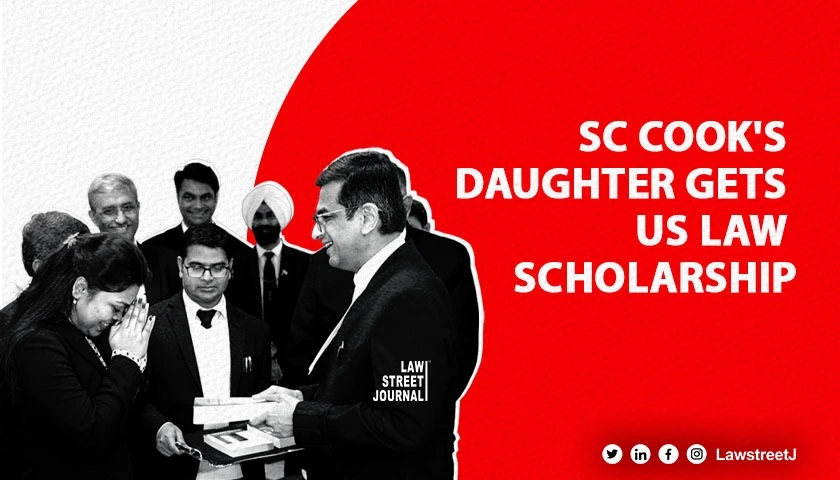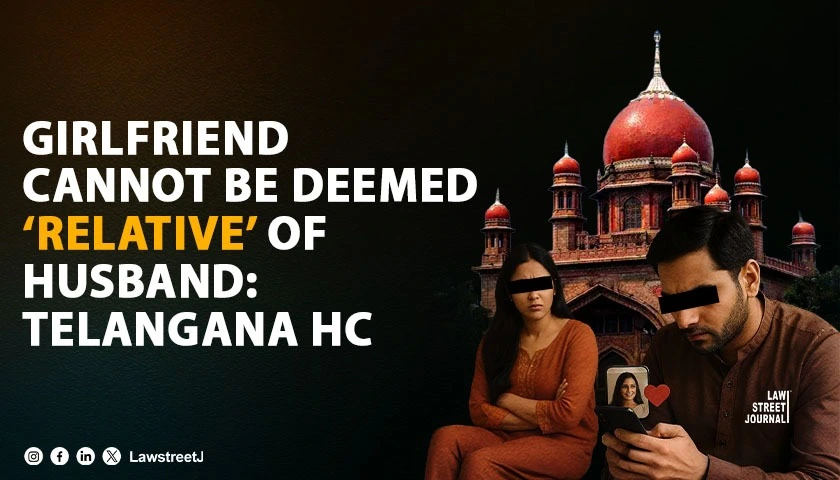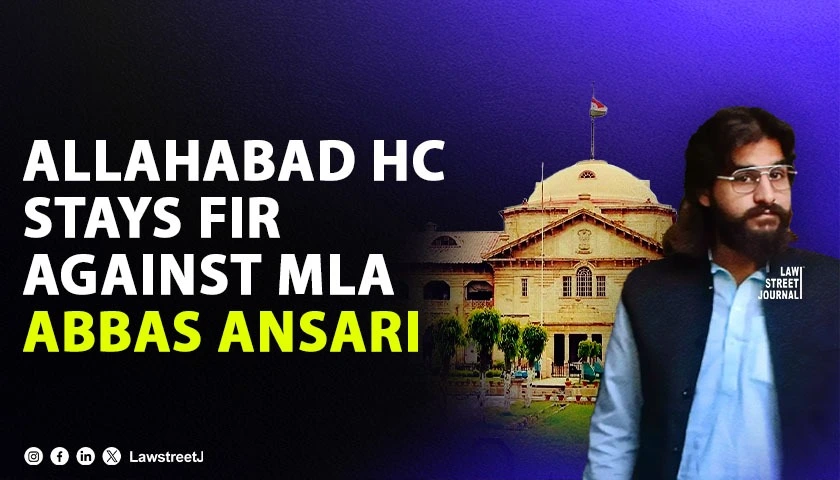NEW DELHI: Chief Justice of India D Y Chandrachud on Saturday said the justice system, from the police stations to the courtrooms, must understand and respond to the compounded vulnerabilities of the children by incorporation of restorative justice approach.
In his speech here, he also highlighted the issue of absence of reliable data on children with disabilities, especially those who are survivors of sexual offences and those who come into conflict with the law, which made it difficult for stakeholders to do effective planning, policy shifts, and monitoring of outcomes.
"We must prioritize improving data collection systems within the Juvenile Justice framework. Data is the foundation for meaningful reforms, enabling policymakers to develop tailored interventions, measure their impact, and adapt strategies accordingly. Without it, children with disabilities will continue to fall through the cracks, unseen and underserved," he said.
The CJI wondered how we can design policies and implement solutions without understanding the scope of the issue.
The lack of real-time, disaggregated data makes it difficult to fully appreciate the barriers these children encounter, he said.
The CJI was delivering a key note address in a two-day national annual stakeholders consultation on child protection.
The theme of the programme was 'protecting the rights of children living with disability (focus on CiCL and CNCP) and intersectionality of disabilities.’
He said, "As someone who fosters two wonderful young daughters, I am reminded daily of the joy, purpose, and love they bring into my life. They have transformed not only how I see the world but also how I engage with it—strengthening my commitment to creating a more inclusive society where every child,regardless of their abilities, is cherished and protected."
He said though laws like the Rights of Persons with Disabilities Act, 2016 and Juvenile Justice (Care and Protection of Children) Act (JJ Act) acknowledged the vulnerability of children with disabilities, their impact on the ground is often limited.
"The framework remains largely reactive, placing more emphasis on post-offense penalties rather than proactive prevention, support, and rehabilitation," he said.
The CJI noted on the international front, the principles of equality, non-discrimination, and respect are foundational to disability rights.
"However, the lack of implementation mechanisms may render many legal protections ineffective in practice. The need to strengthen the frameworks is clear. For example, procedural accommodations such as interpreters, modified questioning, and the presence of intermediaries are often not provided, leaving children with disabilities at a disadvantage within the judicial system," he said.
The CJI referred to example of countries like New Zealand, which have implemented robust measures, including specialist advocates for children with disabilities and customised courtroom settings to accommodate their needs.
"Are we equipped to handle the needs of children with disabilities in the justice system? Are the judges, police officers, and lawyers equipped to understand the unique challenges faced by children with disabilities? Sadly, the answer is often no," he said.
"Professionals within the justice system require ongoing training and sensitisation to comprehend the nuanced vulnerabilities of these children. Sensitisation would not only reduce the re-victimisation of children in legal proceedings but also promote more compassionate handling of cases," he said.
The CJI also threw light on the concept of intersectionality, saying these intersections of vulnerabilities is vital.
"We must ensure that the justice system, from the police stations to the courtrooms, understands and responds to the compounded vulnerabilities of these children. The incorporation of restorative justice approaches is one such solution," he said.
The CJI noted the JJ Act outlined various rehabilitation and reintegration measures for children in conflict with the law, such as counselling, education,vocational training, and community service.
For children with disabilities, these measures can be adapted to ensure they receive the specialised support they need to thrive, he added.
"When we talk about juvenile justice, especially in the context of children with disabilities, we cannot ignore the concept of intersectionality. Disability often intersects with other marginalised identities such as gender, caste, socio-economic status, and ethnicity, amplifying the discrimination children face," he said, adding the doctrine of intersectionality highlights how multiple identities intersect to create unique experiences of discrimination.
Justice B V Nagarathna, Chairperson, Juvenile Justice Committee, Ms Annapurna Devi, Minister for Women and Child Development, judges of the Supreme Court, Ms Cynthia McCaffrey, Country Representative, UNICEF India, Mr Gopal Mitra, UNICEF Global lead on Disability were present on the occasion.
In her address, Justice Nagarathna said children and persons with disabilities struggle because of the intersection of a vulnerability with a barrier. If barriers are removed, children become part of society with equal access to opportunities.
"Thus, policies should focus on removing inaccessible social services and systems, lack of access to assistive technology, accessible communication formats, and limited support for their parents or caregivers," she said.
She emphasised removing barriers would entail that schemes and services are inclusive and that they factor in reasonable accommodation.

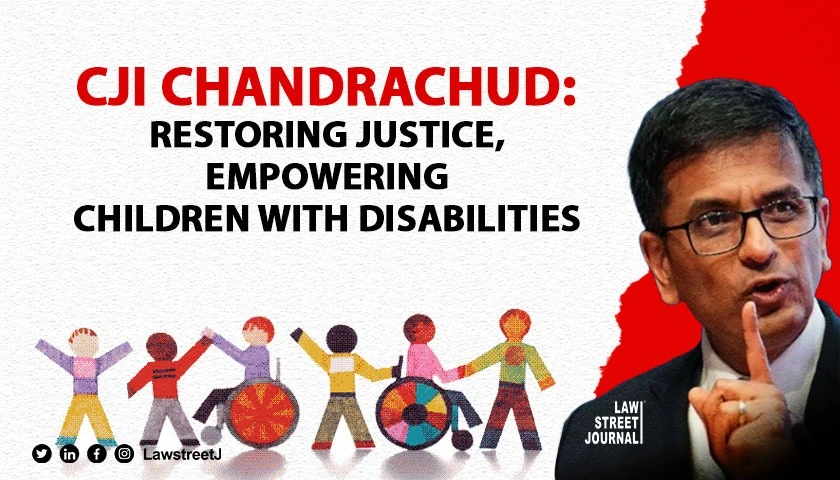





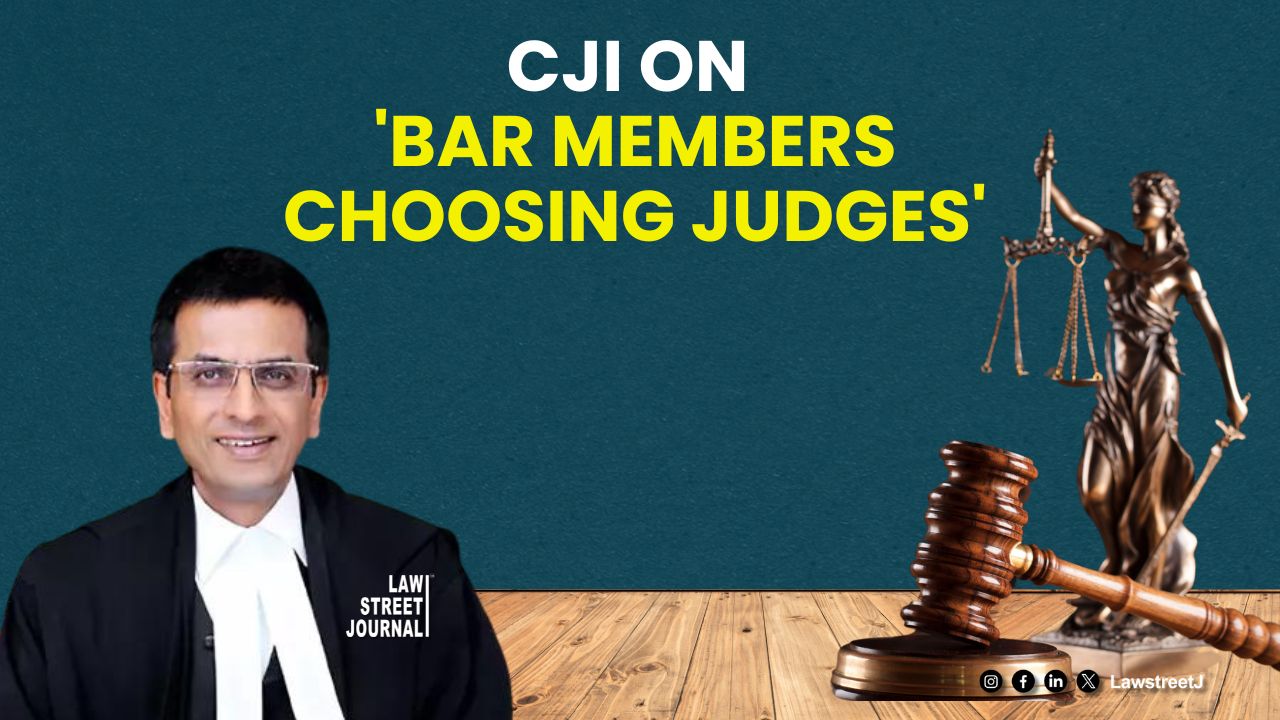
!['Unprecedented,' 52,191 cases disposed of by Supreme Court in 2023 [Read Records]](/secure/uploads/2023/12/lj_4127_SC_disposes_of_cases.jpg)
!['Political background may not be sufficient to reject candidature of a HC judge,' Collegium rejects name of CPI(M) sympathiser [Read Recommendation]](/secure/uploads/2024/03/lj_5964_af308b13-978e-4939-9496-6e223b902b9f.webp)
